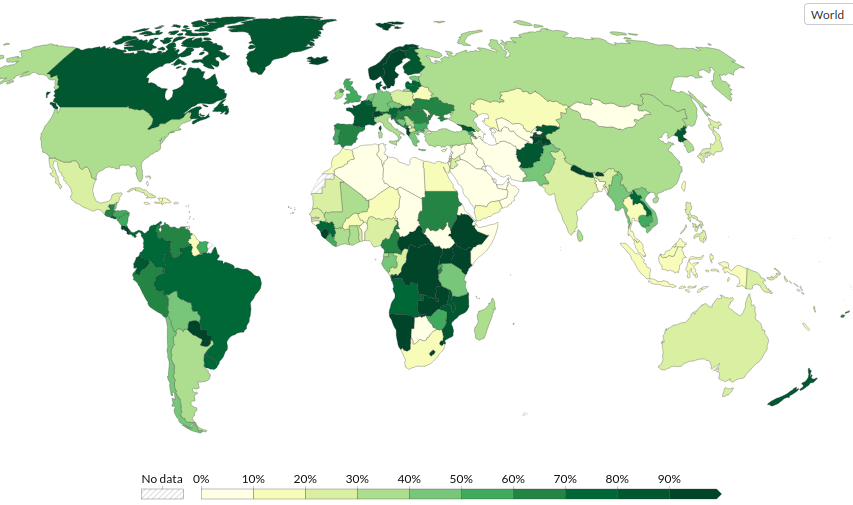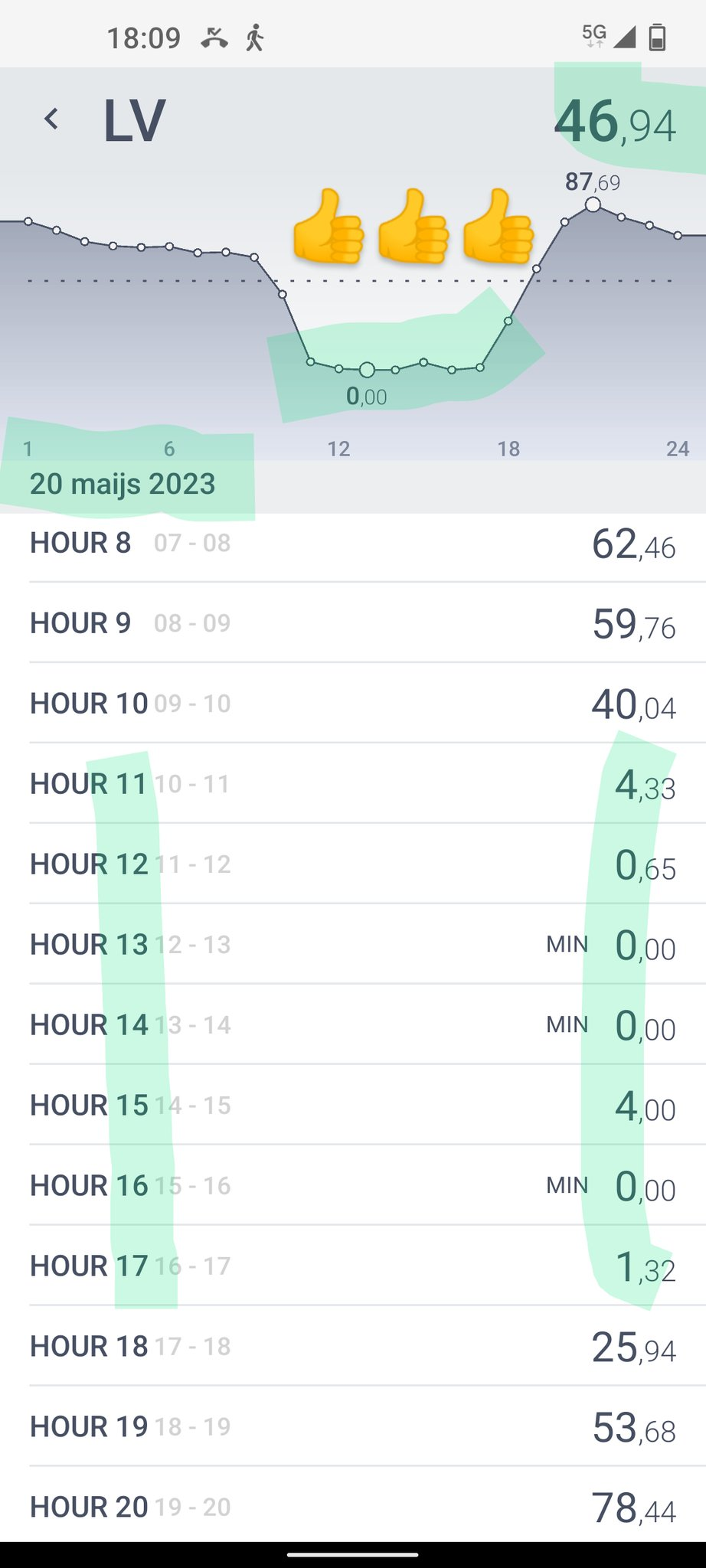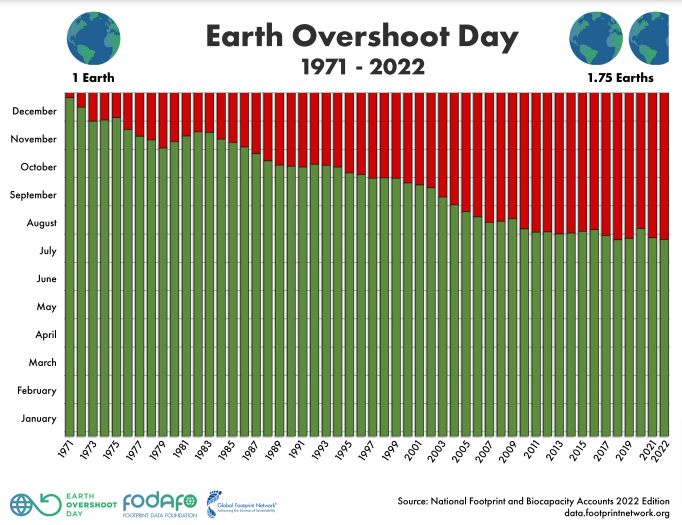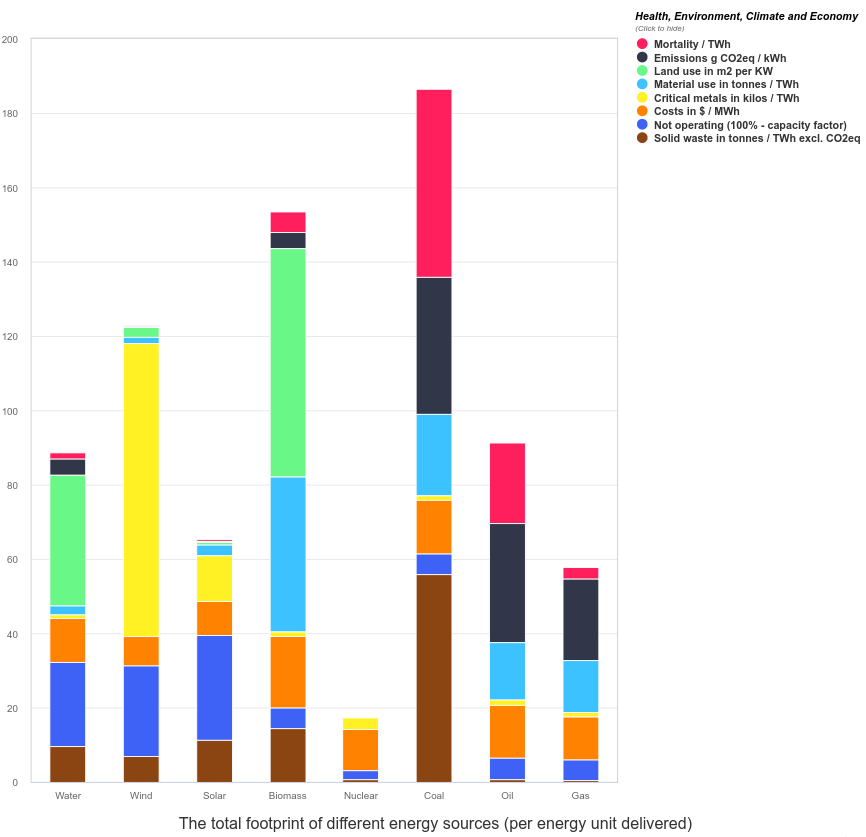Why don't I have solar panels on my roof?
I have been asked many times if I have thought about using solar panels. I have been thinking.
I have convenient south-facing roof slope. Long time ago, when I built the second floor, I even made a place to plug in the DC/AC inverter and planned to install the solar panels later, along with the (already slightly patched up) roof repair.
But since then I have learned more about electricity production and my answer is — no I will not put solar panels on the roof. If this seems reckless, uneconomic or "ungreen" to you, read the explanations below.
- 1. I don't need to generate my own low emission electricity
- 2. Solar panels are not suitable for my needs
- 3. Solar panels produce cheap junk electricity, their payback is not guaranteed
- 4. I don't want to be an "electricity watcher"
- 5. Solar panels are not a "green" and sustainable technology
- 6. Solar panels on the roofs of houses are like peacocks' tails and deer's horns
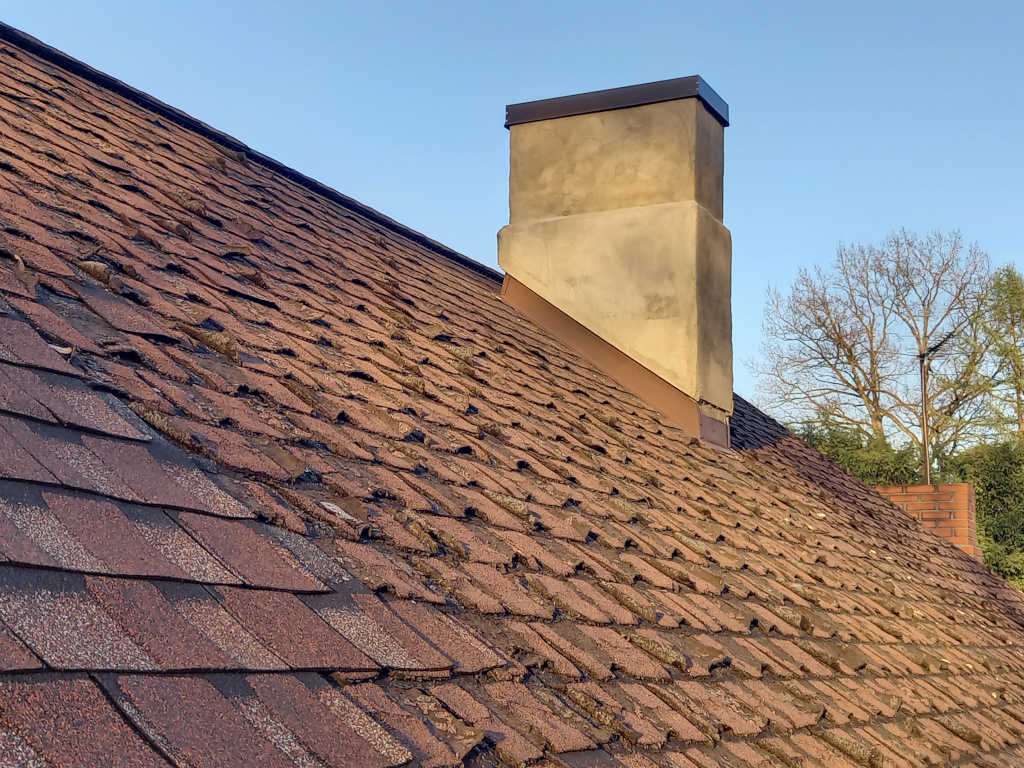 | 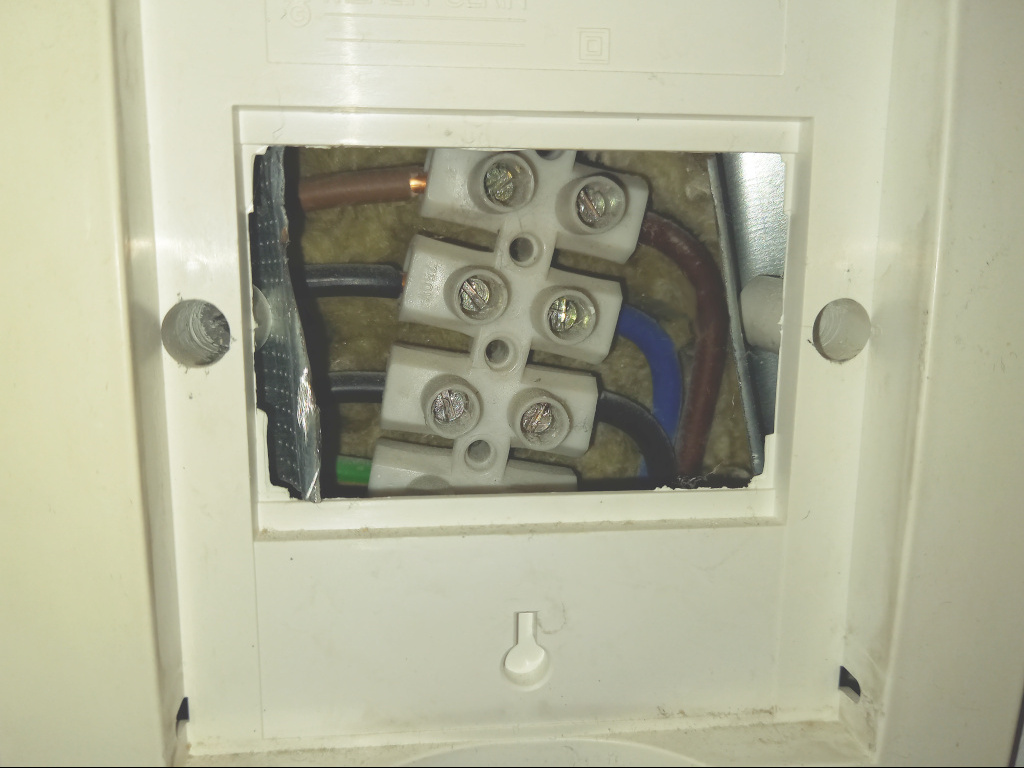 |
1. I don't need to generate my own low emission electricity
I have not one, but even two electric cars, which are the biggest consumers of electricity. It is generally assumed that by charging car with my own solar panels, I would be able drive with "virtually no CO₂ emissions". But in Latvia, thanks to the whole cascade of Hydroelectric Power stations on river Daugava, already has one of the greenest electricity in the world and my small contribution either will not change anything, or, if it does, ther probably for the worse.
2. Solar panels are not suitable for my needs
Anyone who doesn't live in a cave has noticed that solar panels only produce electricity during the day and mostly during the summer. Lately I don't use car every day, but when I do, I need batteries to be full in the morning and not in evening. And on days when I use the car, it's not at home where my solar panels would be. Of course, if I know that I will not use the car the next day, I could postpone charging the car batteries until the next day, but leaving batteries empty for a long time is not healthy for them. Therefore it is much wiser to put solar panels in parking lots near offices, because cars tend to park there during the day. In winter car consumes more electricity (even if it has a heat pump like the BMW i3), so (like everywhere in our latitudes), when electricity is needed the most, solar panels produce the least. Therefore, what is possible in California, where you can live completely disconnected from the grid with solar panels and batteries, is practically impossible in Latvia if there is no other type of heating or a fossil fuel generator.
I use firewood for heating, which, unlike electricity, I can easily store for 2-3 years. Currently, our electricity provider Latvenergo still allows produced and consumed kilowatt-hours to be considered the same, and owners of solar panels can use kilowatt-hours produced in the summer for free in the winter, using a heat pump for heating. But such a system will not last long, because all kilowatt hours are not the same and Latvenergo does not want customers to use electricity supply infrastructure as free batteries.
3. Solar panels produce cheap junk electricity, their payback is not guaranteed
Electricity use is not production and consumption. Electricity supply is a service, much like health care and insurance. As with the doctor's service, if we need a surgeon on Saturday night, we also need electricity when we need it. (And also a car. Although personal cars are mostly idling, it is important that they can be used when needed. And in big cities, this service can be reliably provided without a personal cars.)
Although we pay for kilowatt-hours consumed in invoices, they are only a side effect of the service. Depending on location, electricity can be stored for only a few minutes or up to a few hours (like in Latvia thanks to Hydro Power Stations). Solar panels are like cheap doctors, who are ready to bandage your leg when they have a cast, not when you have a broken leg. When solar panels make up a significant proportion of produced electricity, price is close to zero or even negative. Negatively priced electricity isn't electricity — it is electrical waste, and suppliers are willing to pay for someone who collect it. Gradually also Latvia is approaching such cases.
Because of that, some deliberately move solar panels away from midday, but as a result, already low efficiency of panels decreases and, accordingly, return time of investments. For now, installing solar panels can be profitable because state subsidizes them (although only returning 2k€ of what is spent after panels are already installed). If you want a safe return on investment, it is better to buy and install stationary batteries or buy an electric car (the newest ones have built-in inverters to 230V AC). Because then you will be able to take advantage of cheap electricity and not worry about fact, that electricity produced by yourself is untimely and worthless.
4. I don't want to be an "electricity watcher"
Until we reach an ecological collapse, we do not think about the oxygen in air we breathe, even though it is the most important thing for our life. The next most important thing is water, but (at least in our country) we don't have to worry about that either. Also, a normal service, as important as it is, is one that we don't have to think about on a daily basis. For example, we don't look at the weather to plan when to drink or take a bath, sit on the potty, and/or watch cat videos. These communications are reliably uninteresting. However, in some way (beneficial to some), we have been seeded with a brain virus that following the price of electricity, to know when we can afford to turn on washing machine or dishwasher, is something fashionable and interesting.
What techno-optimists call "demand regulation" of electricity would be following for the coffee. The company provides you with coffee, but it nearly runs out. Instead of buying supplement timely, messages are sent to all employees "drink less coffee now", and those who do not comply, have to put euro coin into common cash pot. I think it is rubbish activity that may make you feel better, but just like giving a coin to a beggar doesn't reduce global scarcity, watching electricity does little to change the global environmental impact of energy.
Right now I'm using a simple relay that charges cars overnight. Maybe in future I will change relay settings, so that it allows charging cars at days on holidays. In old Soviet times, in gatherings with friends and acquaintances we talked about, where and how to get scarce (i.e. hard-to-get) goods. Now we talk about, where and how to get electricity. This is an indicator that electricity is turning from a cheap consumer product into an exclusive extra, that not everyone can afford. I really hope that it will not fall so low, that I will also have to actively watch electricity prices (and act accordingly).
5. Solar panels are not a "green" and sustainable technology
The physical truth is stark — laws of conservation of mass and energy cannot be circumvented by legal rules and regulations. Many of assumed "green and sustainable" energy production technologies actually are not.
Safety matches are most convenient way to get fire. But no one is insisting that we have to heat houses or even entire cities with matches. Solar panels are electrical safety matches. They are a convenient way to get electricity, where you need so little, that it is more convenient and cheaper to connect batteries to the panels, than to run electrical wires. Solar panels also work well in sunny California, where much of electricity is spent cooling buildings heated by the sun. But don't fool yourself with idea that we will be able to climate-neutrally run the entire civilization with only with solar panels (and wind).
Society has seen improvements as we moved from scattered and unpredictable to concentrated and predictable energy sources: from slave labor to wind and water, then fossil fuels, then nuclear power. Example of Germany, whose politicians, due to stupidity and/or corruption, decided to abandon nuclear energy, proves that transition back to distributed energy sources leads to a bigger recession than the global 2008. financial crisis of 2010.
We are already using 1.7x more resources as available, to ensure prosperity of developed countries for all people on the Earth. If we will try to replace fossil fuel energy with solar (and wind), we will need 5 Earths or live 5x more poorly.
The greenest technologies are those that require the least materials and have the least impact on the environment. And that is nuclear energy. By using nuclear energy, we can provide prosperity to all citizens without destroying the Earth's ecosystem.
The main and only problem with nuclear power is that fossil fuel industry and military have instilled a superstitious fear of it. Fortunately, this attitude is slowly changing for the better and more and more people are realizing that there is a significant difference between a nuclear reactor and a nuclear bomb. I'm also one of those people, who, while learn more about solar and wind, the more question it, but while learn more about nuclear power, the more convinced become that it's the only right solution.
6. Solar panels on the roofs of houses are like peacocks' tails and deer's horns
Solar panels have their place. In Latvia, they are suitable in remote places where there are no electricity lines and where electricity is needed during daylight hours. But in other cases, solar panels are just joining crowd and virtue signaling. I want electricity to be a boringly predictable service like water, sewage and internet connection. I don't want us to generate electricity in Rube Goldberg-worthy convoluted ways, that are so expensive and inefficient, that we don't have enough Earth resources to use them. So I hope that in time we will get all our electricity (and most of all our energy) from nuclear reactors, whose fuel will last us even longer than the Sun and solar panels.
Created by Valdis Vītoliņš on 2023-05-22 21:16
Last modified by Valdis Vītoliņš on 2023-05-23 08:15

